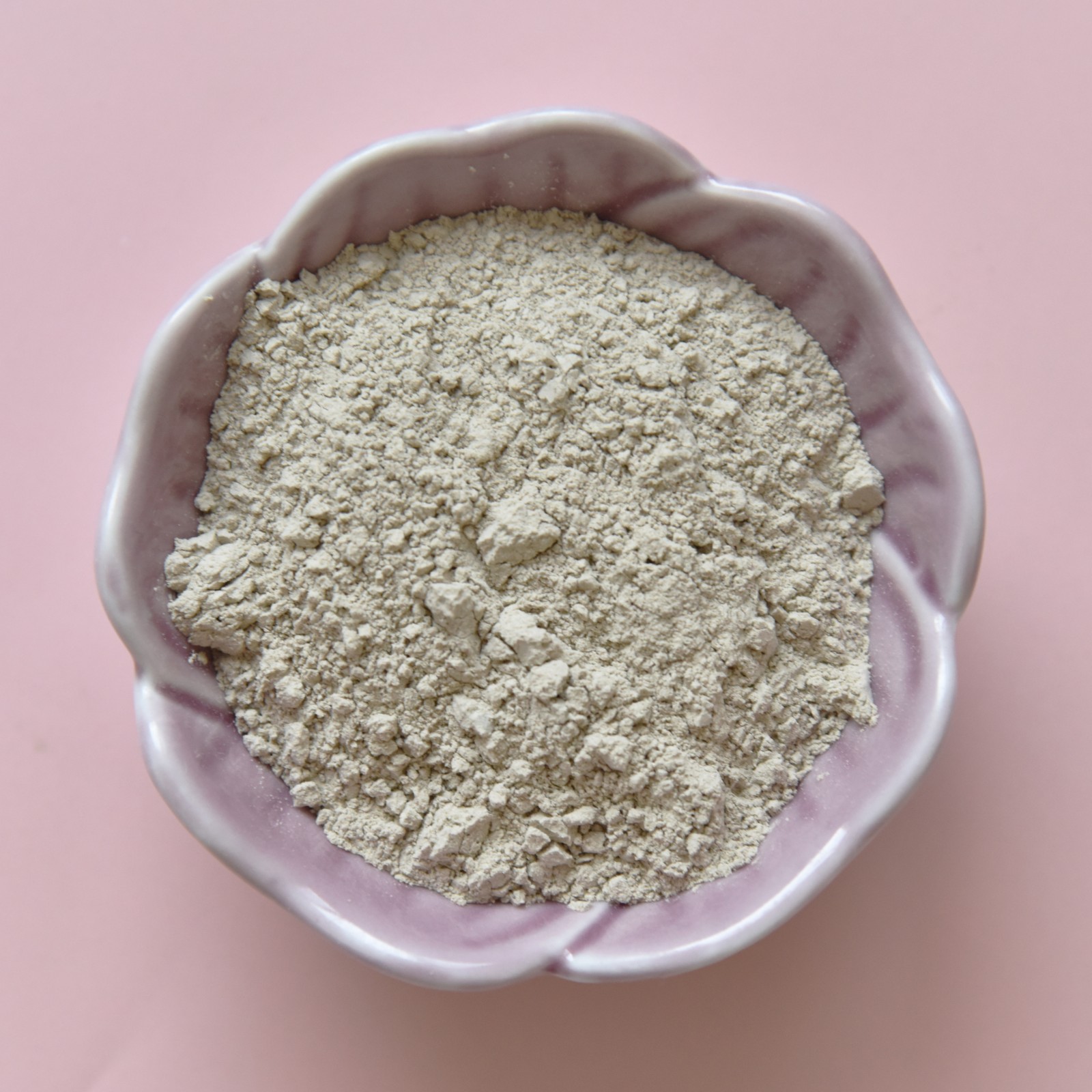
Exploring the Benefits and Applications of OEM Perlite for Industrial and Horticultural Uses
Understanding OEM Perlite A Comprehensive Overview
Perlite is a naturally occurring volcanic glass that has several applications in various industries, primarily due to its lightweight and insulating properties. The term “OEM” stands for Original Equipment Manufacturer, which signifies companies that produce products that may be marketed under another company's brand name. Combining these concepts, OEM perlite refers to the provision of perlite products by manufacturers that are specifically tailored for use by other businesses, often customized to meet unique specifications and branding requirements.
The production of perlite involves the heating of volcanic glass to high temperatures, causing it to expand and create a lightweight and porous material. This physical transformation results in perlite having a low density, high thermal insulation capacity, and good moisture retention abilities. These properties make it an ideal ingredient in various applications including horticulture, construction, and industrial processes.
Applications of OEM Perlite
1. Horticulture In gardening and farming, OEM perlite is widely utilized as a soil amendment. It improves aeration and drainage in potting mixes and garden soils, making it conducive for healthy root development and plant growth. Manufacturers can customize perlite blends to meet specific needs of different plants, enhancing their growth under controlled conditions.
2. Construction In the construction industry, perlite is used as an aggregate in lightweight concrete and insulating board. Its thermal insulating properties contribute to energy efficiency in buildings. OEM perlite can be produced in various grades, allowing for customization depending on the requirements of insulation or structural integrity in different construction projects.
3. Industrial Applications Perlite is also utilized in various industrial processes, such as filtering and packaging. Its porous structure makes it an excellent filter aid for liquid and gas filtration processes. OEM perlite suppliers can provide products designed for specific filtration needs, whether for beverages, wastewater treatment, or pharmaceuticals.
Benefits of Using OEM Perlite
oem perlite

- Customization One of the key advantages of OEM perlite is the ability to customize the product. Manufacturers can alter the size, purity, and physical properties of perlite to suit specific applications, ensuring that the end-users receive the most appropriate product for their needs.
- Quality Control Working with OEM suppliers allows companies to ensure high-quality standards and consistent performance of the perlite products. This ensures that businesses can rely on the material’s properties and performance, reducing the risk of variations that could affect end-product quality.
- Cost-Effectiveness By leveraging OEM partnerships, companies can often achieve economies of scale, leading to reduced production costs. These savings can then be passed on to consumers, enhancing the competitiveness of the final product in the market.
Challenges in the OEM Perlite Market
While the OEM perlite market holds significant promise, there are challenges that manufacturers must navigate. The supply chain for raw materials, fluctuating prices of volcanic glass, and increasing competition in the market can impact profitability. Additionally, maintaining compliance with environmental regulations and sustainable practices becomes essential, as consumers increasingly demand eco-friendly products.
Conclusion
In summary, OEM perlite presents a versatile and valuable resource across various industries. With its unique physical properties, the ability to customize formulations, and the backing of quality assurance, OEM perlite continues to facilitate innovation and efficiency in horticulture, construction, and industrial sectors. As the demand for specialized perlite solutions grows, the role of OEM partnerships will be vital in shaping the future landscape of this indispensable product.
Share
-
Premium Talcum Powder Enhanced with GPT-4 Turbo | Soft & Long-LastingNewsAug.02,2025
-
Fly Ash Solutions Enhanced by GPT-4 Turbo | Sustainable InnovationNewsAug.01,2025
-
Natural Premium Bentonite Cat Litter - Superior ClumpingNewsJul.31,2025
-
Premium Resin Coated Sand - High Heat Resistance CastingNewsJul.31,2025
-
High Quality Silicon Carbide Grit for Abrasive ApplicationsNewsJul.30,2025
-
High-Quality Ceramsite for Plants & Gardening | Lightweight PebblesNewsJul.29,2025






